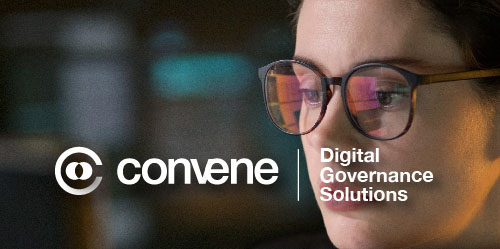In June 2016, Gillian Leivers at Greenfeeds Limited was jailed for 13 years for gross negligence manslaughter and a health and safety offence following the deaths of two workers.
In the words of HSE principal inspector Samantha Wells: ‘This incident could have been easily prevented by those in control by assessing the risks and putting appropriate control measures in place.’
This case is one of many which shows the importance of an appropriate risk assessment. Although it is an extreme example, monitoring risk is an essential part of any company.
It is the law to make sure you are aware of organisational risks. With appropriate assessments, you can improve your ability to recover in case of disaster.
There are several parts of a risk assessment which you need to take into account:
- Identify the Hazards
Identifying the hazards involves identifying any ways in which injury or illness could be caused within your organisation and also to members of the public. In some cases, this will be more obvious than others. For example, an axe throwing entertainment company will have very different hazards and risks from a paper manufacturer.
Risks can be physical, psychological, chemical or biological. You should not limit your risk assessment to the first physical risk which can occur.
- Assess The Severity
Assessing the severity involves both assessing the likelihood an event will occur as well as the amount of harm it will cause in the event it does happen.
In practical cases, the risk might be self-evident. However, at this stage it may be worth taking measures such as conducting surveys which can help you evaluate the risks.
- Take Action (If Possible)
Once you’ve completed an overview of the risk, you should take that into account in your business processes. If possible, you should completely eliminate the risk. In an ideal world, no one would ever be injured.
However, this isn’t always feasible! Sometimes you will simply have to minimise the level of risk as much as possible. This means taking measures to reduce harm as well as taking into account disaster recovery practices.
One practical measure to implement at this stage is appropriate health and safety training to support employees. Perhaps consider employing a health and safety executive.
- Record Your Actions
Keeping a record of your actions is essential to maintaining safety. In many cases, this is a legal requirement. Different industries have different regulations when it comes to risk assessments, so you need to make sure your records are appropriate.
There are many reasons having a comprehensive audit trail can help your organisation but in the case of risk assessments it is particularly important. If no one is aware of the results and appropriate actions are not followed-up on, there was no point in completing one.
It is also crucial that your risk assessment forms are adequately protected. Data security should be included in your management of risks.
- Update Your Assessments
No matter which sector you work in, your organisation is constantly changing. Just because you’ve completed one assessment, doesn’t mean you are set for life! Reviewing the risk assessment is an ongoing process that must be a constant factor in your decision-making.
How Can Convene Improve Your Risk Assessment Process?
When it comes to risk assessments, you need to understand every aspect of your organisation. Flexibility and communication are key to keeping your employees safe and maintaining legal compliance.
Convene is an award-winning Board portal designed to improve communication within your organisation. Our comprehensive features are trusted by professionals around the world and include:
- A Document Library with role-based access to ensure your sensitive documents are protected.
- A built-in Audit Trail so you can be sure you are compliant with all regulations.
- Integrated Video Conferencing so you can make the switch from remote to hybrid working seamlessly, whilst still viewing your Board Pack all on one screen.
- Surveys, with the option for anonymity, so you can be sure you are aware of your employees' opinions.
Convene is now also available fully integrated with Microsoft Teams, so more than just your Board can benefit from Convene's features. The software simplifies remote, in-person and hybrid work for your whole organisation. With Convene in Teams, business continuity has never been easier!
If you want to learn more about Convene’s proven track record, contact us today to book a free demo.








